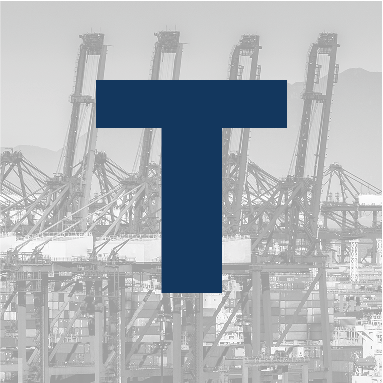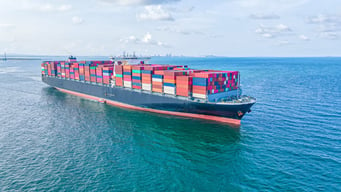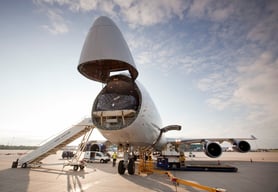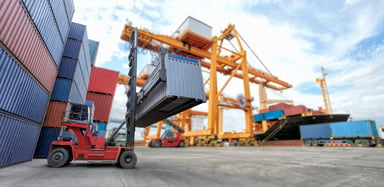
What is truckload freight shipping?

Home > Freight Glossary > Truckload Freight Shipping

Trending
Truckload freight shipping refers to the transportation of large quantities of cargo, typically enough to fill an entire semi-trailer or intermodal container. A truckload carrier will move freight from one customer at one origin to one destination, offering a direct route without any stops or transfers, ensuring the cargo remains in the same vehicle for the entire journey.
What’s the difference between FTL and LTL shipping?
Understanding the difference between Full Truckload (FTL) and Less Than Truckload (LTL) shipping is crucial in selecting the most efficient and cost-effective transportation method:
- Full Truckload (FTL) shipping is ideal for large shipments that can occupy the entire truck space or when a shipper prefers an exclusive truck for their goods. It’s faster since the truck transports only one shipment directly to its destination without any stops or detours.
- Less Than Truckload (LTL) shipping is the transportation of relatively small freight or when a shipper does not have enough goods to fill an entire truck. This method combines shipments from multiple customers in one truck, making it a more affordable option for small to medium-sized businesses. However, it may involve longer delivery times due to multiple stops to load and unload different shipments.
Integrating the use of trucking load boards can be particularly beneficial for both FTL and LTL shipping, as these platforms provide a real-time marketplace for shippers and carriers to find and post freight loads, enhancing the efficiency of freight matching and capacity utilization.
Benefits of truckload shipping
Truckload shipping offers numerous advantages, including:
- Efficiency and speed: Direct delivery from pickup to destination without intermediate handling, ensuring quicker transit times.
- Security: Reduced risk of damage or loss, as the freight is less handled and not consolidated with other shipments.
- Capacity utilization: Optimal for large-volume shipments, utilizing the full capacity of the truck.
- Flexibility: Ability to tailor scheduling and routing according to specific requirements, accommodating specialized needs like refrigerated goods or high-value freight.
H2 What businesses use truckload shipping services?
Various industries leverage truckload shipping services for their logistical needs, particularly:
- Manufacturing and Industrial: For transporting large quantities of raw materials or finished goods.
- Retail and E-commerce: Ensuring timely replenishment of inventory or distribution to warehouses and stores.
- Agriculture and Food: For bulk shipments of produce, requiring timely and often temperature-controlled transport.
- Construction and Heavy Equipment: Moving large machinery or construction materials that require the full space of a truck.
Businesses that frequently use large shipments or have specific delivery schedules often benefit the most from truckload freight services, utilizing the efficiency and dedicated nature of FTL to meet their logistics demands.
Contact

Ocean Freight

Road Freight








